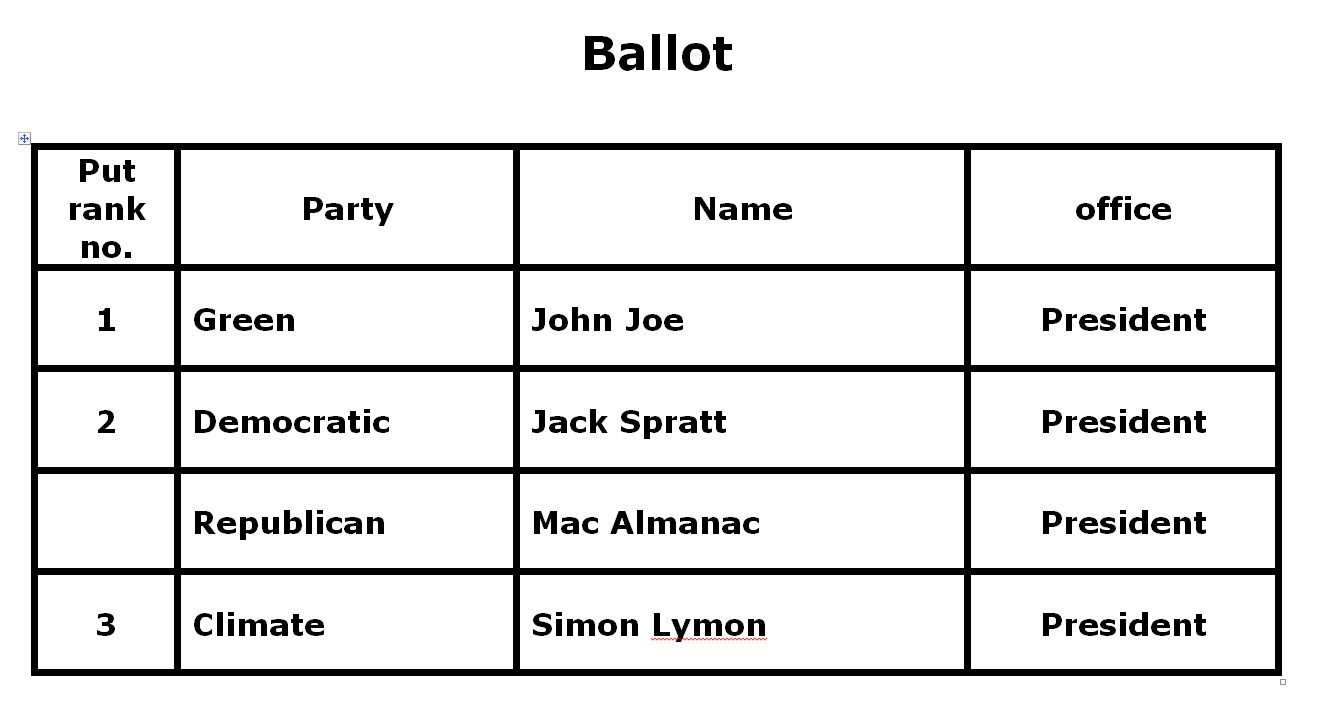Ambition: An ardent desire for rank, fame or power; a desire to achieve a particular end.
Gumption: Having a sense of enterprise, initiative; colloquially, common sense.
Virtually all mariner’s friends and most relatives are, graciously said, elders. Mariner has no friends in public school, no friends in college, no friends achieving their life’s ambitions, no close friends who are Zs, millennials or Xs.
Although still pretending to have youthful ambition, all his elected government leaders are in their 70s, 80s and (shudder) 90s. But this post is not about them. It is about all elders in general.
Mariner has selected the word gumption not only to represent its generic definition but to represent a generational definition specific to elders. It is the emerging lack of gumption as one ages that exacerbates the reduction of mental function, physical capacity and usefulness. Failing gumption has four causes: evolution, society, mentality and physicality. Each is discussed below.
EVOLUTION
Recognizing all the medical advances humans have discovered (except the invention just recently of CRISPR), we have lived by the rules of one million years of evolution. Until just 11,000 years ago, homo species lived within their environment, did not have overly expensive medical care, did not have transportation beyond their own feet, and were incapable of abusing economic philosophy. If we look at our recent predecessors like Erectus and Neanderthal, it was unusual to live to be forty. Our bodies are designed to be finished when several body chemicals and cells cease to reproduce.
Longer lifespans, regardless of how beneficial the medical industry is today, are unnatural. We are warned by our bodies that something is amiss when we experience ‘midlife crisis’, menopause and mental shifts involving ambition – starting in our forties!
It is common for folks in their forties to ponder a second, more interesting career (AKA less ambition, more self rewarding). Gumption wants to take a break, too. There should be no guilt at this point; the body simply has said, “Are you still around?” From this point forward, however, managing gumption becomes critically important.
SOCIETY
Society is a deep psychological phenomenon that evolved as part of the survival kit of herd living. Staying close to the herd reduced the odds of being captured by predators. Society is the herd pattern that evolves during our growing years – the things we learn subconsciously from Mom and Dad, the leaders of the tribe and personal experiences in the context of our daily environment. Interestingly, sociologists and historians have discovered that today a human herd pattern roughly has a sixty-year cycle, about the same as the life span of ambition, including another fifteen years for transition to the next generation.
Similar to the evolution constraint, our societal lifespan has an ending as well, perhaps somewhere between forty and sixty-five. Hmm, doesn’t retirement begin today at sixty-five? (Why are politicians exempted? sorry, political comment).
What this generational phenomenon has to do with gumption is that what we learned from Mom and Dad, our peers and life experiences has become largely irrelevant to the new herd pattern so we do not feel the urgency to ambitiously pursue what to elders seems less important. Unconsciously, we let our gumption slide, too. A simple example for men is not feeling the need to shave and dress neatly every day (adjusted for compulsive personalities). Still, we obey our herd pattern by visiting others in our generation. Sadly, often what is missing is a plan to create a personal ambition commensurate with our interests that will at least force us to act as if we were still the dominant generation. This requires gumption; gumption will delay other aging factors in this list.
MENTALITY
Overall, there isn’t much we can do about degradation of the mind. It, too, is subject to evolution. Elders know intimately about forgetfulness, absentmindedness, struggling with bills and arithmetic, lip-slurring and general memory loss. Still, to one degree or another, having gumption frequently can delay the social ramifications of brain dysfunction.
Gumption to force one’s focus on personal ambition will slow the brain’s demise. An example is a serious desire to sustain a hobby at quality levels, doing all the chores and activity required for that ambition, along with continued engagement with the generational herd will sustain rationality if even a little bit for a few years – or for an extended life cycle. Many elders adopt the well being of other elders as an ambition.
Of course, the older we are, the more inevitable our evolutionary commitment will prevail but having the gumption to stay connected to an ambition makes the path more enjoyable.
PHYSICALITY
Nowhere is the effect of aging more visible than in the physical condition of the body. Contrarily, it is the physical condition that can be altered and improved most by gumption. The most celebrated effort to use gumption for physical improvement is the annual New Year’s Eve resolution. If nothing else, the failure rate demonstrates the hard core commitment gumption requires. One can imagine a primitive era 35 year-old Homo habilis saying, “Must we hike back four miles to our camp? Why can’t we just camp here tonight and go back in the morning.”
Unlike any other enterprise, physical condition requires had-to-start-will-never-end ambition. It is extremely difficult to sustain today because of automobiles, hover boards, delivery services, food sellers and the insidious chair. Simply sitting in a full squat while eating will do wonders for balance.
An evolutionary function we inherited from the African Veldt days is a part of the brain that takes over body functions whenever we are running or walking for a sustained time at a sustained rate. This function controls and appropriately exercises all the circulatory, skeletal and muscular functions as well as lungs and heart. If there were one exercise that elders must do under any circumstance, it is sustained daily walking at an aggressive pace – and squatting or sitting on the floor without using chairs. If you must use chairs, use only your legs and do not let the arms help. How many elders can’t get up off the floor? If you did it many times a day, it would be easy. Damned chairs!
However, the intent of this post was not to promote physical therapy per se but to urge elders to take control of gumption. Make yourself walk back to camp tonight.
Ancient mariner



 stomer service representatives, cashiers (don’t get mariner’s wife started), translators and even mortgage brokers.. . . And this is a small list. Mariner is dumbfounded by what the world will be like in 2050. Guru won’t even talk about it. Our best guess for insight may be a fortune teller, certainly not our government’s octogenarian legislators.
stomer service representatives, cashiers (don’t get mariner’s wife started), translators and even mortgage brokers.. . . And this is a small list. Mariner is dumbfounded by what the world will be like in 2050. Guru won’t even talk about it. Our best guess for insight may be a fortune teller, certainly not our government’s octogenarian legislators.